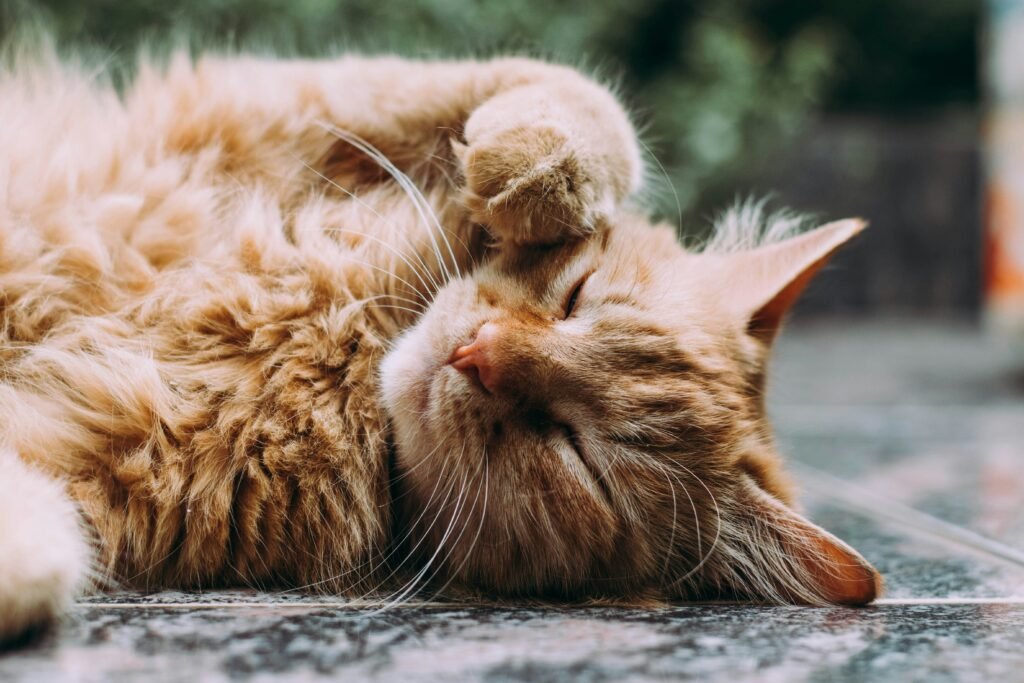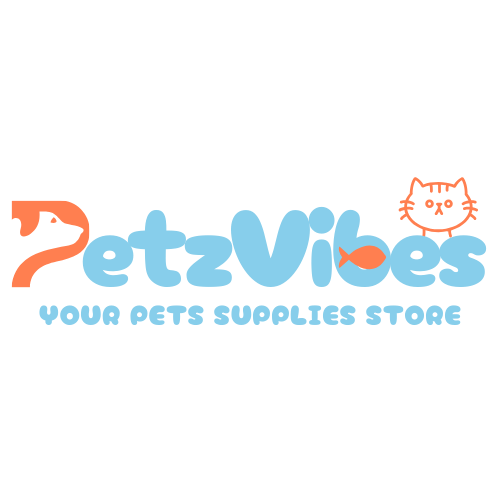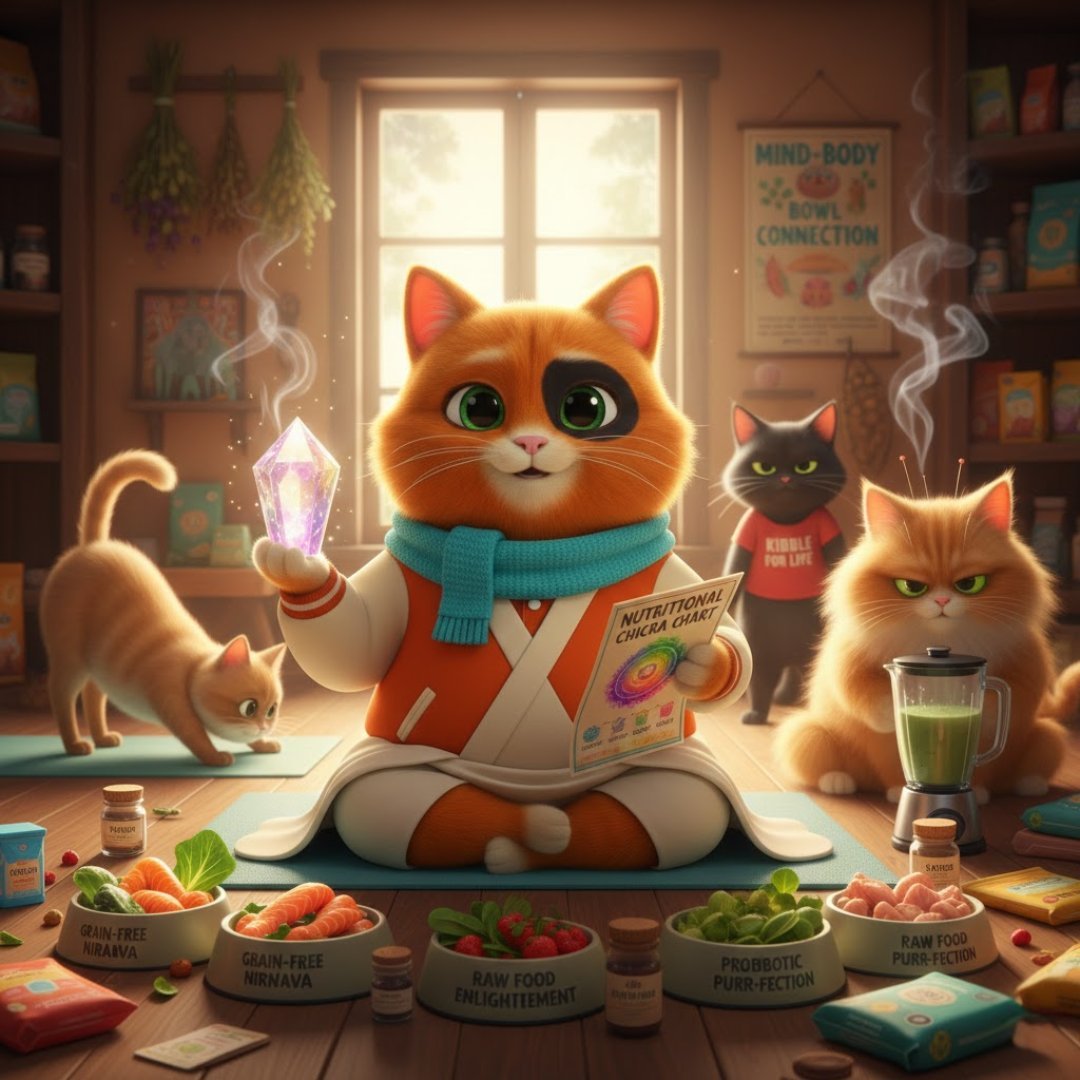Have you ever wondered if your feline friend is getting all the nutrients they need for a truly happy and healthy life? Making sure your cat’s diet is well-rounded is vital, and holistic approaches to cat nutrition can help ensure every aspect of their health and well-being is considered.
What is Holistic Nutrition for Cats?
Holistic nutrition is all about taking a comprehensive look at your cat’s dietary needs and considering the whole animal rather than focusing on individual symptoms. It involves looking at the bigger picture, considering not only what makes up your cat’s food but how these dietary choices interact with their overall lifestyle and environment.
Why Consider a Holistic Approach?
Cats, like humans, are complex creatures with interconnected systems. A holistic approach to nutrition takes into account the interdependence of these systems. For instance, a problem in your cat’s digestive system can affect their skin and coat, and vice versa. By considering the whole body, you are more likely to promote better general health, help prevent diseases, and improve your cat’s quality of life.
Key Components of a Holistic Diet
To truly meet your cat’s nutritional needs through a holistic approach, focus on sourcing ingredients and preparing meals that cater to their natural instincts as obligate carnivores.
High-Quality Proteins
Cats require protein from meat sources as they are obligate carnivores. High-quality protein is key to maintaining their muscle mass, strength, and overall health. Look for animal-based proteins like chicken, beef, turkey, or fish. Keep in mind that not all proteins are created equal, so the source and quality matter greatly.
Balanced Fatty Acids
Fatty acids are essential for your cat’s health, particularly omega-3 and omega-6 fatty acids. These components support coat shine, joint function, and brain health. Including sources like fish oil or chicken fat can help balance these components.
Essential Vitamins and Minerals
Vitamins and minerals play crucial roles in maintaining your cat’s health. Essential vitamins like A, B, D, and E support various functions from vision to bone health. Similarly, minerals like calcium and phosphorus are necessary for strong bones, while zinc promotes skin health.
Hydration is Key
Cats in the wild get much of their water from their prey, so ensuring adequate hydration in their regular diet is important. Wet food can be an excellent source of additional moisture. Additionally, you can encourage your cat to drink more water by placing multiple water sources around your home or using a pet water fountain.
Tailoring a Diet to Your Cat’s Specific Needs
No two cats are exactly alike, which is why a holistic approach often involves customizing their diet to meet their specific needs.
Age
Kittens, adults, and senior cats all have different nutritional needs. Kittens require a diet rich in protein and calories to support rapid growth. Adult cats need a maintenance diet that balances energy levels to prevent obesity, while senior cats might benefit from additional supplements to support joint and kidney health.
Activity Level
More active cats may require more calories and higher protein levels than those who are less active. Taking into account your pet’s lifestyle will help you determine the right energy balance for their diet.
Health Conditions
Certain health conditions require dietary adjustments. For example, cats with kidney issues may need a diet lower in phosphorus, while overweight cats might benefit from a calorie-controlled diet. Consulting with a veterinarian who understands holistic approaches is essential to tailoring the diet effectively.
Common Ingredients in Holistic Cat Foods
Holistic cat foods often include a variety of natural and nutritious ingredients that serve specific health purposes.
| Ingredient | Benefit |
|---|---|
| Chicken | High in protein, supports muscle mass |
| Salmon | High in omega-3, supports skin/coat health |
| Sweet Potatoes | Rich in fiber, aids in digestion |
| Blueberries | High in antioxidants, supports immune system |
| Pumpkin | Aids in digestion and weight management |
Importance of Reading Food Labels
Understanding what is in your cat’s food is crucial for managing their diet holistically. Pet food labels can sometimes be confusing, but learning how to interpret them helps you make informed choices.
Ingredients List
Look for named protein sources (e.g., chicken, salmon) as the first ingredient rather than “meat by-products.”
Guaranteed Analysis
This indicates the percentages of protein, fat, fiber, and moisture. A balanced holistic diet should have high protein and balanced fat levels.
Nutritional Adequacy Statement
Look for a statement that verifies the food provides complete and balanced nutrition according to AAFCO (Association of American Feed Control Officials) standards.
Benefits of Holistic Nutrition
There are a myriad of benefits associated with adopting a holistic approach to your cat’s diet. Here’s how your cat might thrive:
Improved Digestion
With whole, natural ingredients and fewer fillers, your cat is less likely to suffer from digestive issues, promoting a healthier gut.
Enhanced Energy Levels
A balanced, nutrient-rich diet helps maintain your cat’s energy throughout the day, supporting playful and active behavior.
Glossier Coat
Consistent consumption of high-quality proteins and fatty acids results in a shinier, healthier coat, free of dandruff or excess shedding.
Longer Lifespan
Feeding your cat a diet tailored to support their entire body reduces the risk of chronic diseases, which can, in turn, extend their lifespan.

Transitioning to a Holistic Diet
Switching your cat’s diet should be a gradual process to ensure they adjust well without digestive upset.
Step-by-Step Transition Process
Days 1-3: Mix 25% new food with 75% old food
Days 4-6: Mix 50% new food with 50% old food
Days 7-9: Mix 75% new food with 25% old food
Day 10: Provide 100% new food
Monitor your cat for any signs of digestive upset, such as vomiting or diarrhea, and slow down the process if needed.
The Role of Supplements
Supplementing a holistic diet can be beneficial, especially for cats with specific health needs. Probiotics can support digestive health, while glucosamine and chondroitin can aid joint health.
When to Use Supplements
Ideally, your cat should receive most of their nutrients from their diet, but supplements can be useful in certain situations, such as recovering from an illness or when dealing with a specific deficiency identified by a veterinarian.
Consulting a Veterinarian
It’s always a good idea to consult with your veterinarian before making significant changes to your cat’s diet. They can provide guidance on nutritional needs and suggest adjustments based on your cat’s individual health profile.
Conclusion
Taking a holistic approach to your cat’s nutrition means considering every element of their diet and lifestyle. By focusing on high-quality ingredients and observing how these components contribute to your cat’s overall health, you set the stage for a long, healthy, and happy life. After all, when you understand and nurture every aspect of their well-being, you ensure they’re not just surviving but truly thriving.






